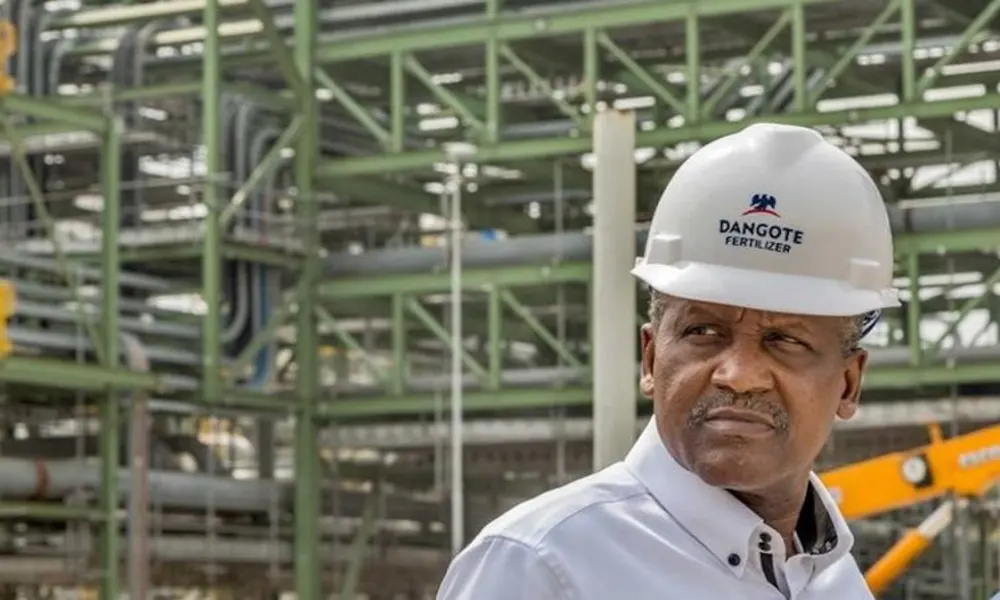Africa’s wealthiest individual, Aliko Dangote, has undertaken the monumental task of commissioning the continent’s largest oil refinery, albeit seven years behind schedule and with a cost exceeding double the initial budget of $9 billion. Positioned as a potential solution to Nigeria’s economic challenges, the benefits of this colossal complex, however, remain distant for its citizens.
Addressing a gathering of dignitaries in Lagos, Aliko Dangote, a prominent figure in the cement and sugar industries with a net worth of $20.5 billion, declared that his refinery would begin supplying its inaugural product in July. Scepticism looms within the industry regarding this assertion.
Thus far, there have been no notable signs of significant commercial activity to indicate a substantial scale-up, and traders note the absence of a sales team dedicated to handling oil products. Even the International Monetary Fund (IMF) doubts that the refinery will reach one-third of its intended capacity of 650,000 barrels per day by 2025. It is more plausible that the commissioning ceremony was strategically timed for outgoing President Muhammadu Buhari to preside over, symbolically marking the occasion before his departure from office.
All eyes are now fixed on Dangote, scrutinising his ability to deliver on the refinery and the accompanying fertilizer plant in a country where numerous ambitious projects have failed. A prominent example is the Ajaokuta steel mill, a multi-billion-dollar venture initiated in 1979, which remains dormant and has yet to produce any steel.
Notwithstanding the delays, the $20 billion refinery has the potential to rectify the paradox of Africa’s largest crude oil producer spending over $23 billion annually on petroleum imports. Furthermore, it distinguishes itself by being overseen by a billionaire entrepreneur who has a track record of successful business ventures rather than one who diverts public funds for personal gain. Notably, Nigeria’s state oil company holds a 20% stake in the facility and has committed to supplying 300,000 barrels of crude oil daily to support its operations.
While the Dangote refinery has encountered a sluggish start, its potential to transform Africa’s largest economy should not be underestimated. As progress unfolds, the refinery stands as a symbol of hope, aiming to bring long-awaited relief to Nigeria’s petroleum landscape.

